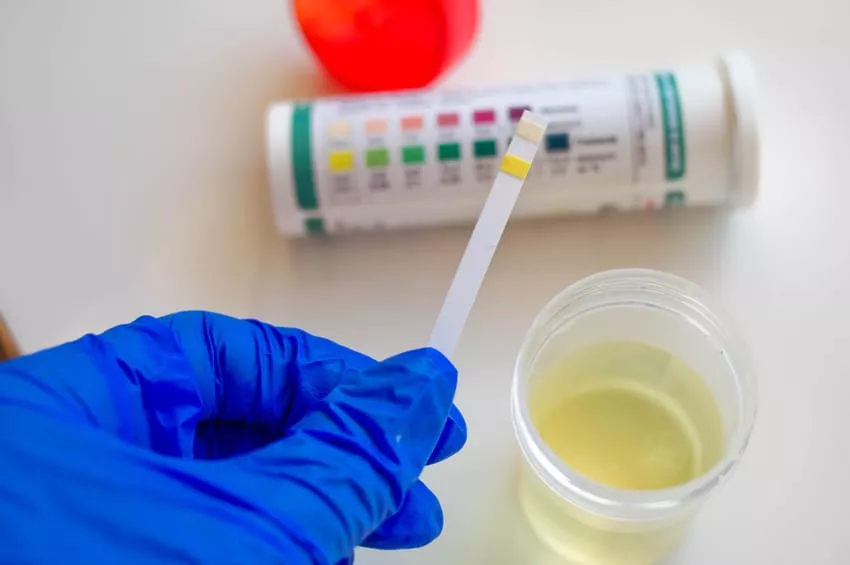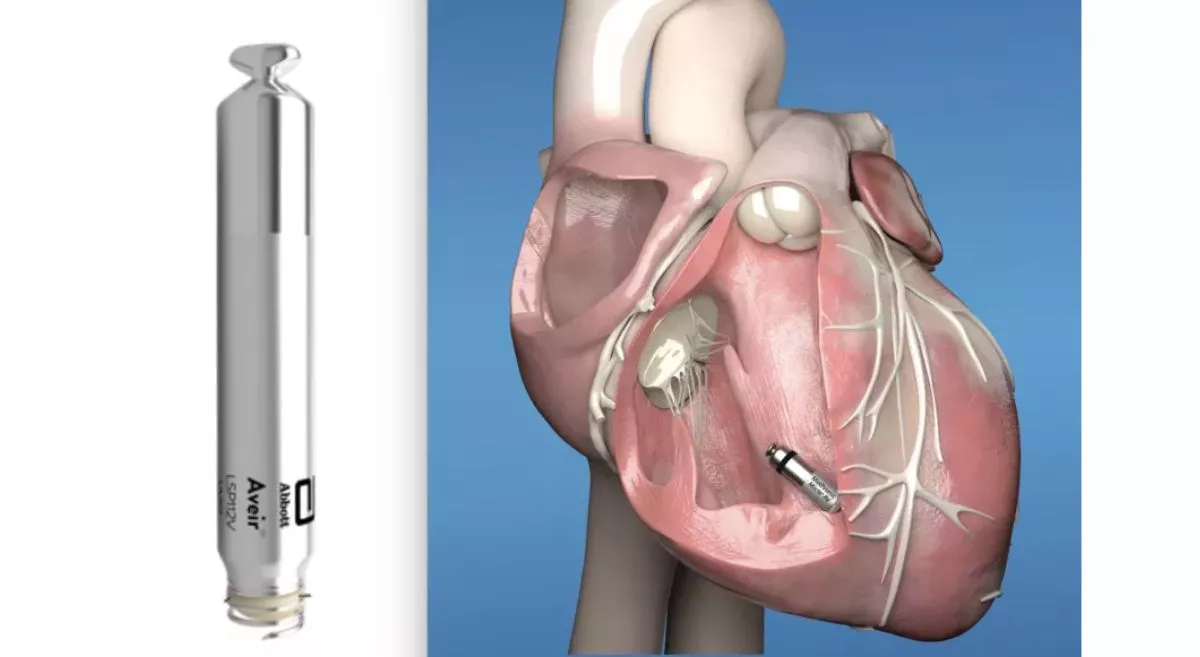Ketones in urine serve as an important health marker, providing insight into how your body processes energy. While it's normal to find trace amounts of ketones under certain conditions, elevated levels can be a red flag, indicating potential metabolic issues that may require medical intervention. This comprehensive guide delves into the normal range of ketones in urine, explores various causes of elevated ketone levels, outlines testing methods, and defines what constitutes a dangerous level of ketones. By understanding these aspects, you can empower yourself to monitor your health more effectively and take proactive steps when necessary.
What Are Ketones and How Do They Form?
Ketones are organic compounds that are formed when the body metabolizes fat for energy, especially in situations where glucose is scarce. This phenomenon, known as ketosis, often occurs during periods of fasting, extended physical activity, or following a low-carbohydrate diet. During ketosis, the liver converts fatty acids into ketones, which then serve as an alternative fuel source for the body's cells, including brain cells. While ketones can provide energy efficiently, excessive production can lead to a condition known as ketonuria, where ketones accumulate in the urine. This excess can upset the body’s delicate acid-base balance, potentially resulting in severe health complications like diabetic ketoacidosis (DKA). DKA is particularly concerning for individuals with diabetes, as it can lead to symptoms such as dehydration, nausea, and even unconsciousness if not addressed promptly.
Ketones in Urine Normal Range: Understanding Safe Levels
The ketones in urine normal range are 0.6 mmol/L or lower, categorized as "trace" or "negative". Levels between 0.6–1.5 mmol/L indicate low-to-moderate ketosis, while 1.6–2.9 mmol/L warrant medical consultation. A reading of 3 mmol/L or higher is a medical emergency. Regular monitoring helps distinguish harmless ketosis from dangerous imbalances, especially for individuals with diabetes or those following restrictive diets.
Ketones in Urine Causes and Test: Key Triggers and Detection
Common Causes
Ketones in urine causes include:
- Diabetes: Insufficient insulin prevents glucose uptake, forcing fat breakdown.
- Fasting or Starvation: Prolonged calorie restriction triggers ketogenesis.
- Keto Diet: Low-carb, high-fat diets induce nutritional ketosis.
- Pregnancy: Hormonal changes increase fat metabolism in mid-pregnancy.
- Infections/Dehydration: UTIs, dehydration, or illnesses stress metabolism.
Testing Methods
The ketones in urine tests involve dipsticks that change color when exposed to ketones. Results are categorized as trace, small, moderate, or large, with follow-up steps based on severity.
What Is a Dangerous Level of Ketones in Urine?
Concentrations exceeding 3 mmol/L signal a critical risk of ketoacidosis, a life-threatening condition requiring emergency care. Symptoms like nausea, fruity breath, confusion, or rapid breathing alongside high ketones demand immediate intervention. Individuals with diabetes should test ketones if blood glucose surpasses 240 mg/dL.
Symptoms and Risks of Elevated Ketones
High ketones often accompany:
- Fatigue or confusion
- Frequent thirst or urination
- Abdominal pain or vomiting.
Untreated, this can progress to DKA, causing organ failure or coma.
When to Test for Ketones
Test under these conditions:
- Blood glucose >240 mg/dL (for diabetics).
- Persistent nausea, vomiting, or illness.
- Pregnancy with unexplained symptoms.
- Following a keto diet or prolonged fasting.
How to Perform a Urine Ketone Test
- Dip the Strip: Submerge the test end in fresh urine.
- Wait 15 Seconds: Allow the chemical reaction.
- Compare Colors: Match the strip to the chart.
Store strips in cool, dry places and check expiration dates to ensure accuracy.
Managing and Preventing High Ketone Levels
- Hydration: Drink water to flush excess ketones.
- Monitor Glucose: Adjust insulin as needed for diabetics.
- Balanced Diet: Avoid extreme carb restriction unless medically supervised.
- Seek Care: Moderate-to-large ketones require prompt medical evaluation.
Special Considerations: Pregnancy and Diet
Pregnant individuals often show trace ketones due to metabolic demands, but persistent levels need monitoring. Similarly, keto dieters should periodically check ketones in the urine normal range to avoid exceeding safe thresholds.
Conclusion
By staying informed about ketones in urine normal range, causes, and testing, you empower yourself to navigate metabolic health confidently. Whether managing diabetes, diet, or pregnancy, knowledge is your best defense against complications.
Understanding ketones in urine causes and test protocols helps mitigate risks. Regular monitoring ensures levels stay within the ketones in urine normal range, while recognizing what is a dangerous level of ketones in urine enables timely action.
Always consult healthcare providers at an endocrinology hospital in India. Early intervention is important to protect your health.





